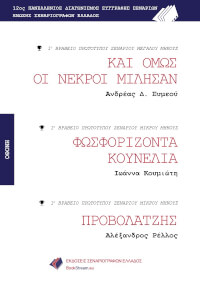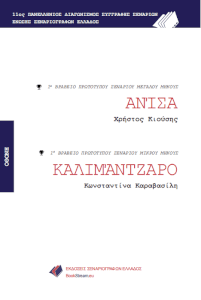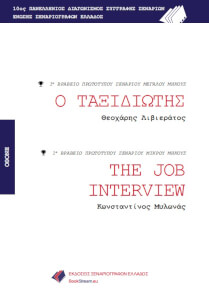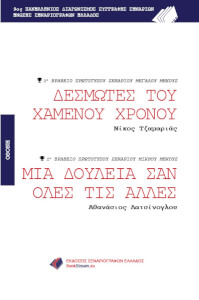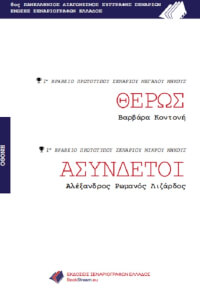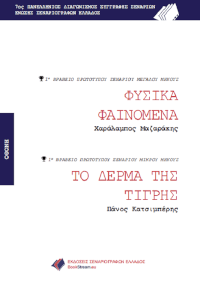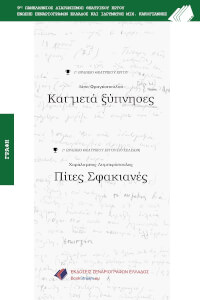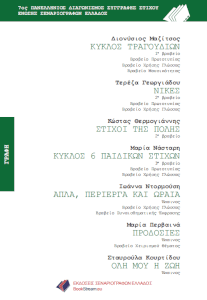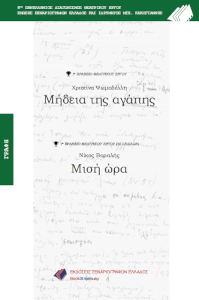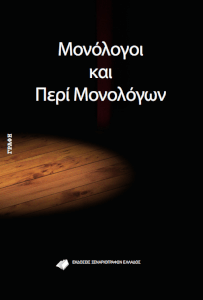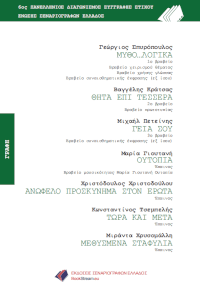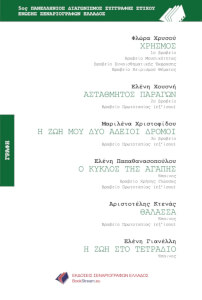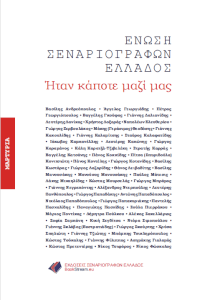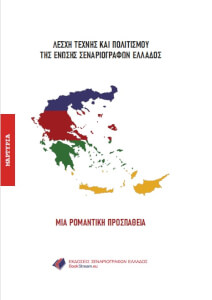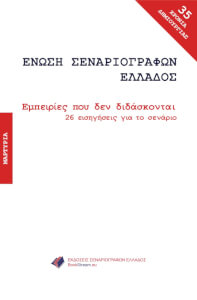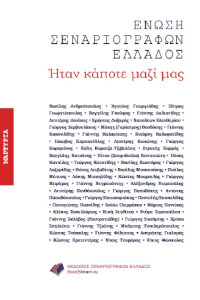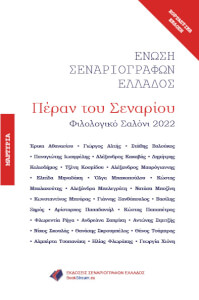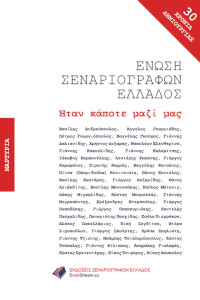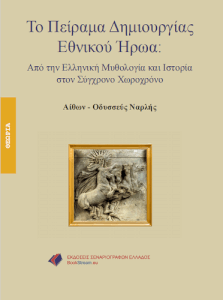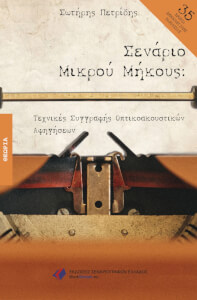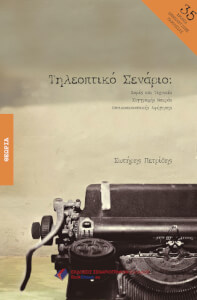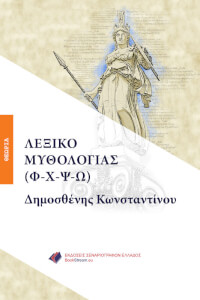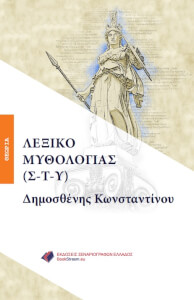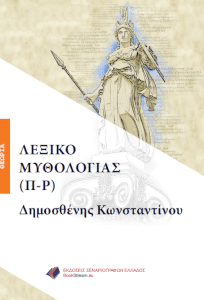New report - Fair remuneration for audiovisual authors and performers in licensing agreements [European Audiovisual Observatory]

The European Audiovisual Observatory publishes a new in-depth analysis of the right to remuneration of creative forces in Europe in the licensing process.
https://rm.coe.int/iris-plus-2023-03en/1680adec3c
How can European law ensure a fair deal for our authors and performers in the audiovisual sector?
Following the screenwriters' and performers' strikes which hit Hollywood from the middle of 2023 onward, this new report looks at the various laws in Europe which aim at ensuring fair remuneration for our creative forces. How does each country apply them?
This new report - Fair remuneration for audiovisual authors and performers in licensing agreements - by the European Audiovisual Observatory examines how the EU Directive 2019/790 on Copyright and Related Rights in the Digital Single Market (CDSM Directive) aims to strengthen the position of authors and performers when licensing their exclusive rights for the use of their works or performances. The report looks at the approaches taken by member states to meet these challenges when implementing this directive, which was adopted in 2019 and was due to be transposed into national law in 2021.
Chapter one provides a structured overview of the value chain involved in the creation of an audiovisual work, the various production stages and the associated rights which have to be licensed, with a particular focus on new online distribution models. Moving on to look at the economic rights of audiovisual authors and performers, the authors examine the nature of copyright and related rights, looking in particular at the possible transfer of rights to the producer. This chapter closes with a look at the various different types of contracts and related remuneration which are usual in today's European audiovisual sector.
Chapter two zooms in on the EU legal framework for fair remuneration. The authors underline that a well-functioning marketplace for copyright needs two major policy goals: Improving the lack of transparency in contractual relationships and restoring the balance between the bargaining power of the various contractual partners. This chapter then drills down into Chapter 3 of Title IV of the CDSM Directive and the various provisions it contains concerning fair remuneration and transparency in exploitation contracts and how to ensure a well-functioning marketplace for copyright.
Chapter three zooms in even further on the implementation of Chapter 3 Title IV of the CDSM Directive, regarding the transfer of rights to the producer, how to ensure an appropriate and proportionate remuneration for authors and performers for the exploitation of their works and performances, and transparency obligations. The authors compare and contrast different approaches in seven EU member states -: Germany, France, Belgium, Hungary, the Netherlands, Slovenia and Spain. A detailed analysis of the regulatory framework in force in each of these member states is provided in the annex to this publication (https://go.coe.int/26aV9).
Chapter four analyses the role of collective bargaining in ensuring greater transparency in contractual arrangements and fair remuneration for creators in the audiovisual sector. It gives an overview of the various mechanisms envisaged at national level to this end. The report looks in particular at collective agreements, which are examined here in the light of European competition law, and collective management organisations, whose role and functioning are described. The authors take a practical look at examples of collective agreements and their application in Germany, Sweden, Denmark, Poland, France, Italy, the Netherlands and the United States.
Chapter five walks the reader through recent EU case law in this field. Although the late transposition of the CDSM Directive in many member states does not yet allow for abundant case law, some key concepts related to appropriate and proportionate remuneration have already long been considered by national and international courts, which are examined here.
The authors conclude by emphasising "how central the issue of fair remuneration for creators is at a global level, in particular in the context of streaming platforms, with a view to supporting the vitality and sustainability of the film and audiovisual sector."
A must-read new free report to understand how EU legislation aims at securing a fair remuneration deal for audiovisual authors and performers working in today's European audiovisual industries.
Ενημέρωση: 02-02-2024



